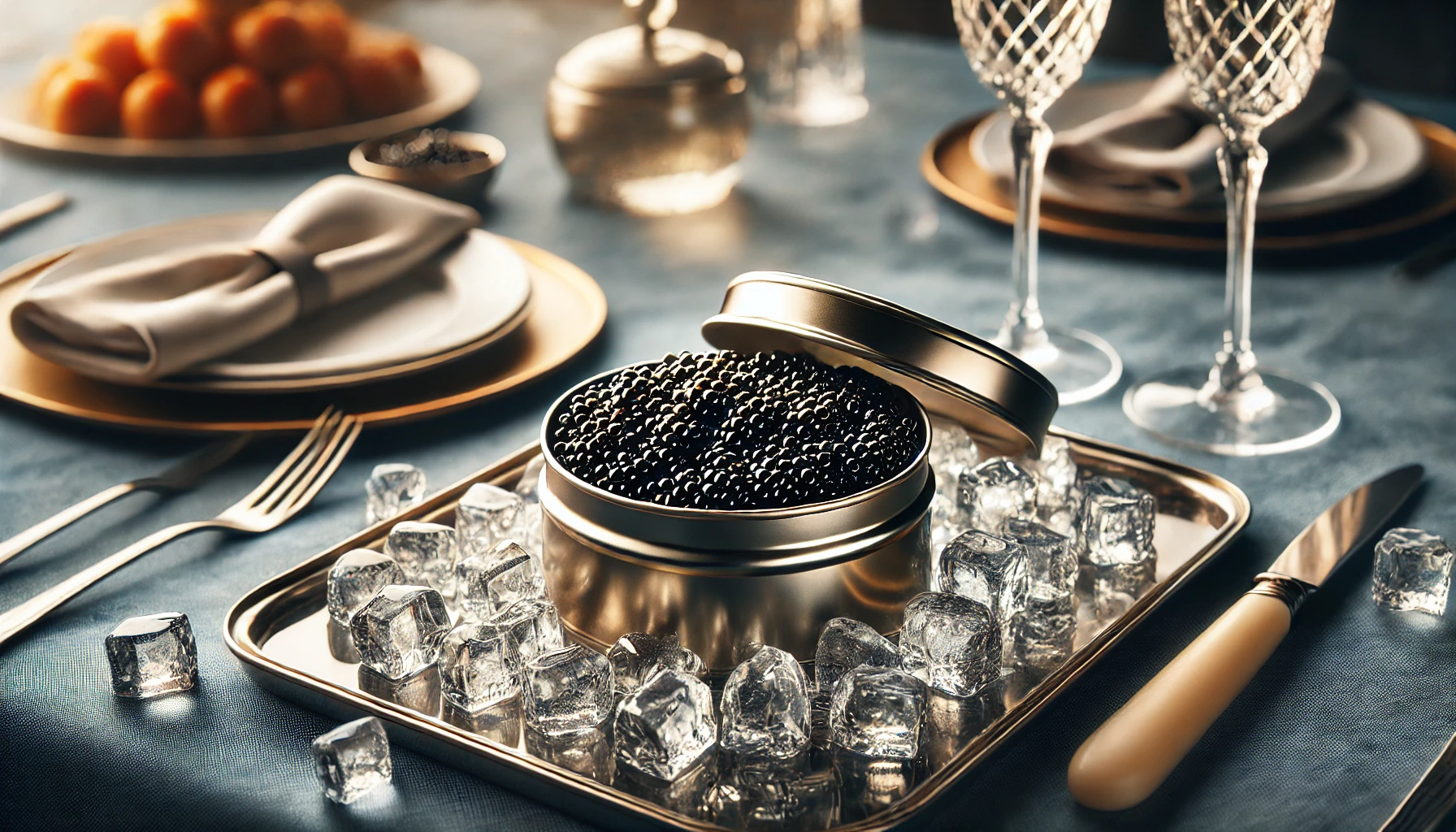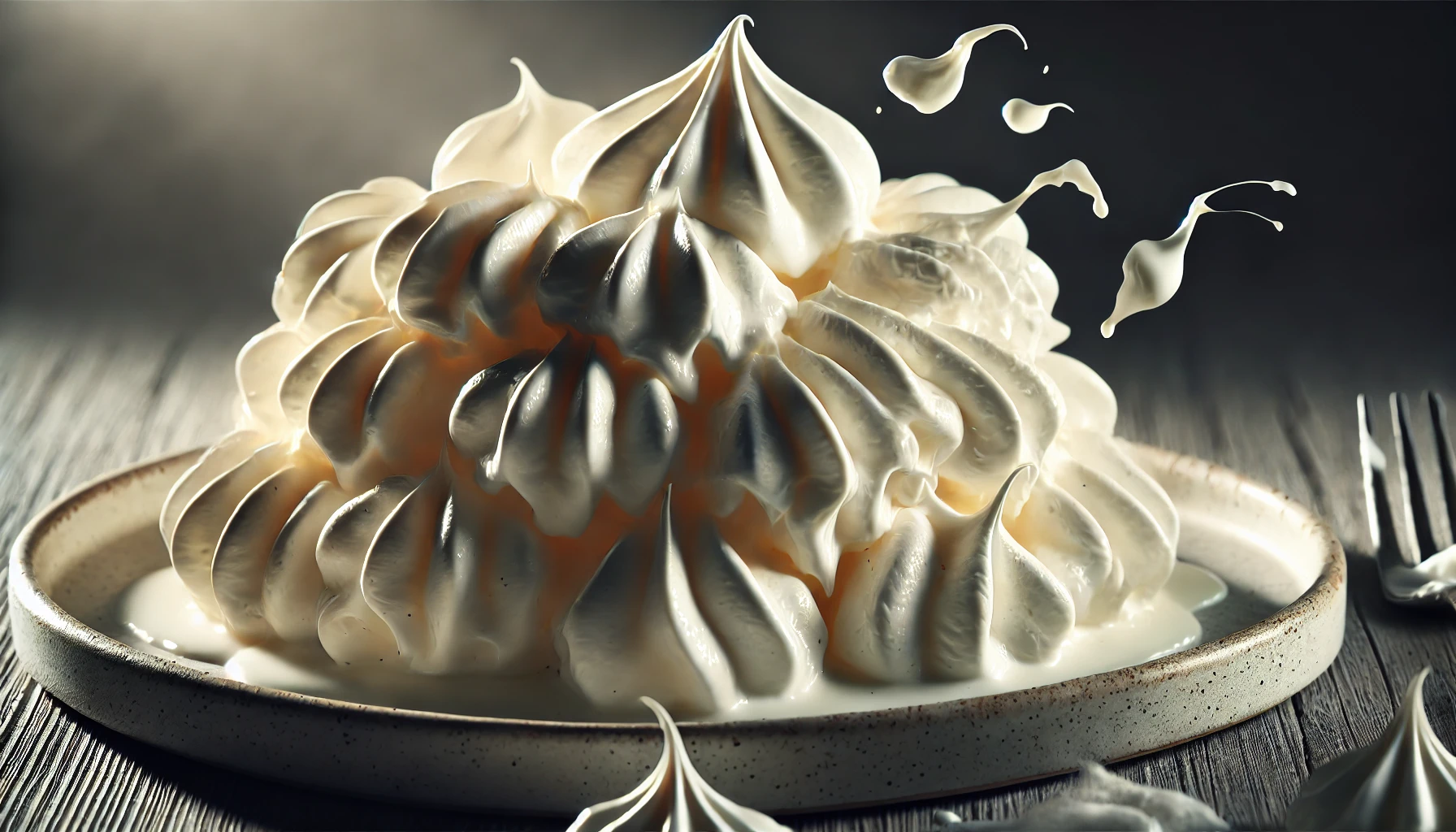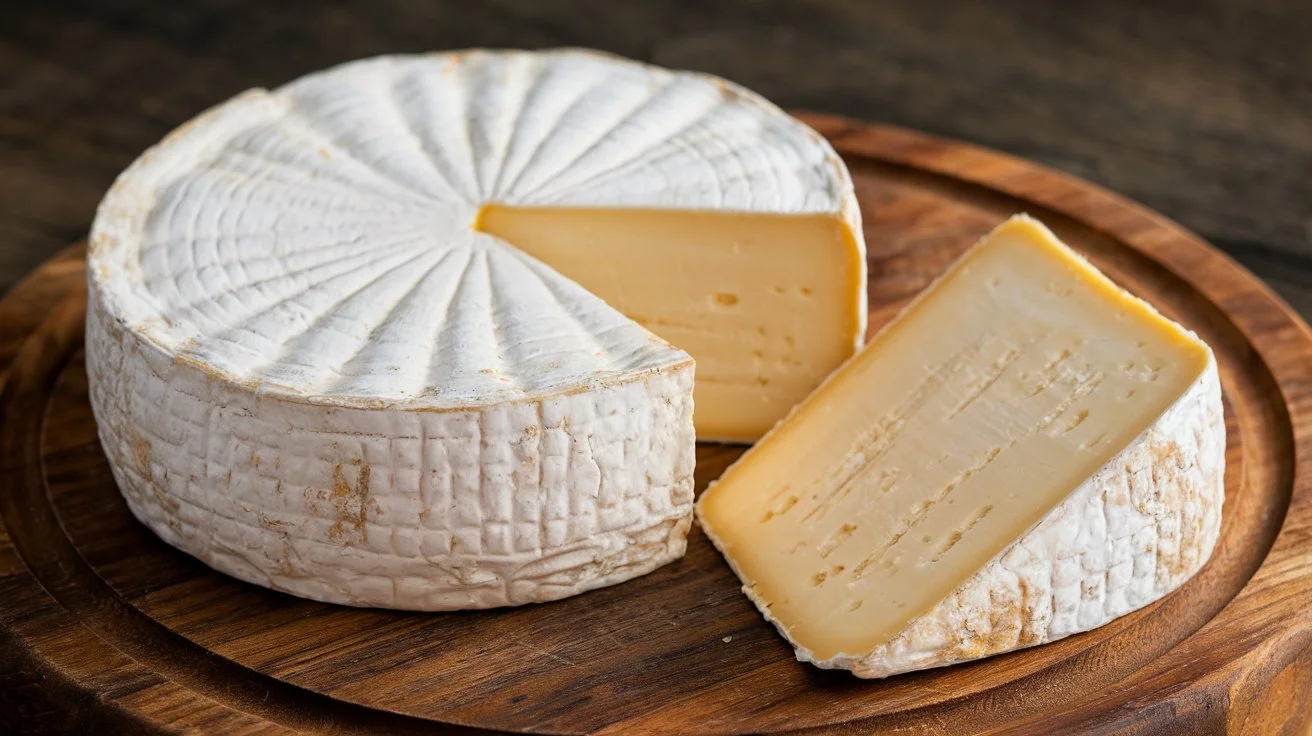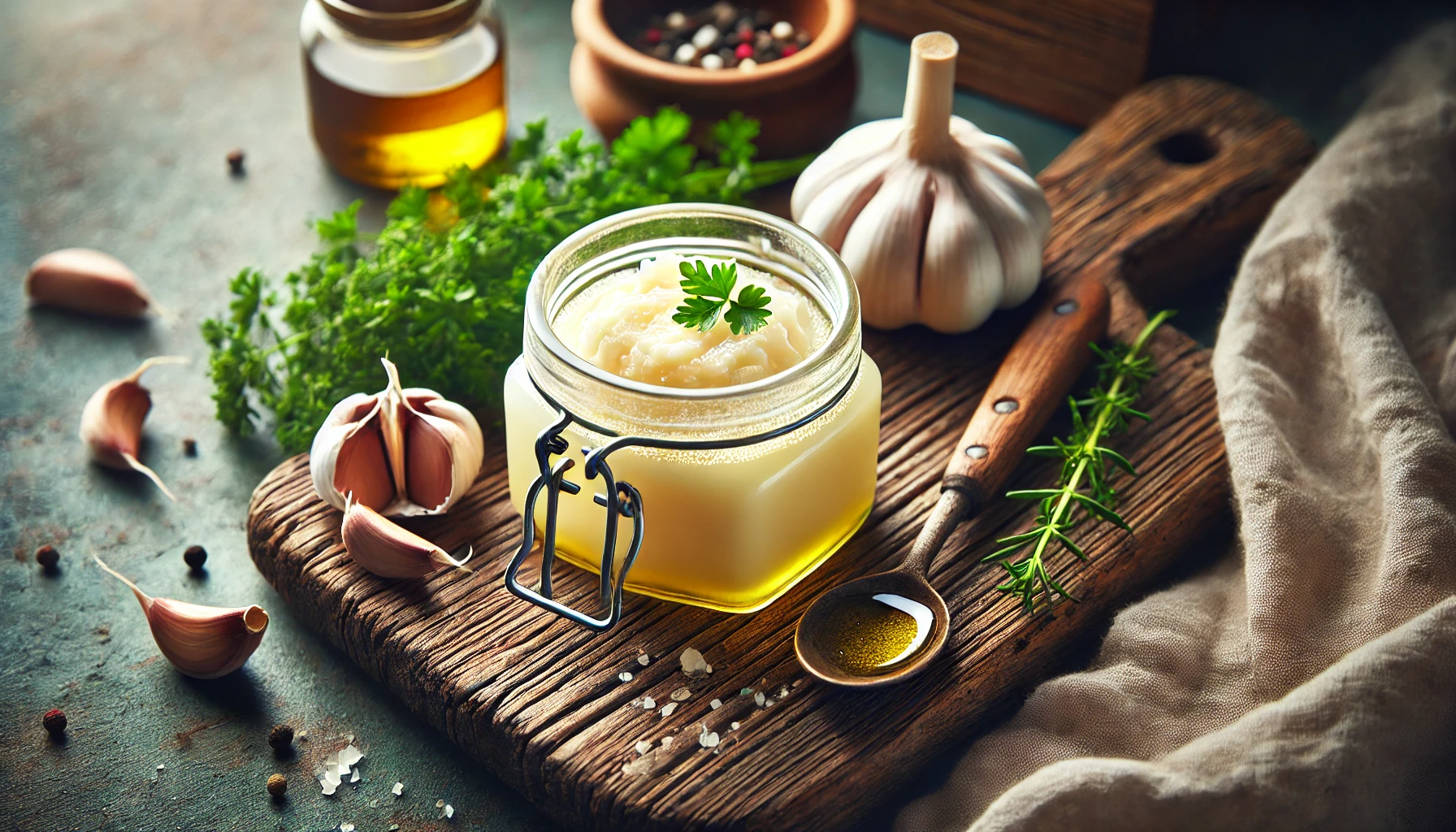How Long Does Caviar Last? Uncover the Shocking Reality!
Table of Contents
Caviar, known as the ultimate luxury food, often brings questions about its freshness and storage. Whether you’re a seasoned caviar connoisseur or just indulging for a special occasion, one question stands out: how long does caviar last? Understanding how long does caviar last is critical to enjoying it at its peak quality. If you’re unsure how long does caviar last, don’t worry—let’s uncover the surprising facts about caviar’s shelf life and how to keep it fresh for as long as possible. Knowing how long caviar lasts ensures you make the most of this delicate treat.
What Is Caviar?
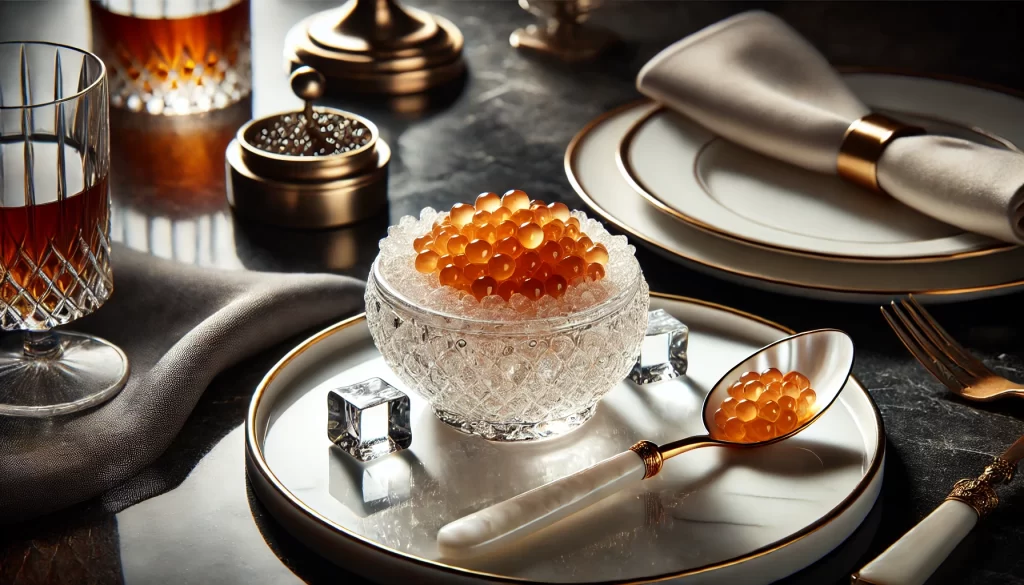
Before diving into how long does caviar last, let’s take a moment to understand what caviar is. Caviar refers to salt-cured fish eggs, typically from the sturgeon family. These delicate eggs are highly prized for their unique taste and texture but are also sensitive to how they are stored and served. Understanding its composition helps explain how long does caviar last and why it has such specific storage requirements and a limited shelf life.
How Long Does Unopened Caviar Last?
The shelf life of caviar largely depends on whether it’s been opened or not. So, how long does caviar last? Unopened caviar can last quite a while under the right conditions when stored properly.
- Refrigerated caviar: Unopened caviar usually lasts around 4 to 6 weeks in the fridge. However, this timeframe depends on the packaging and preservation method. Always check the expiration date on the container.
- Frozen caviar: When frozen, caviar can last up to a year, though freezing can affect its texture. To retain the best quality, many caviar experts recommend eating it within six months if frozen.
How Long Does Opened Caviar Last?
Once caviar is opened, the clock starts ticking. The moment air hits the delicate eggs, their freshness begins to decline. So, how long does caviar last once opened?
- In the fridge: After opening, caviar can only last 1 to 3 days if stored properly in a tightly sealed container. It’s best to consume it as quickly as possible to enjoy its finest quality.
- Without refrigeration: Caviar should never be left at room temperature for more than 2 hours. Doing so can lead to spoilage, rendering it unsafe to eat.
Factors That Affect Caviar’s Shelf Life

Several factors can influence how long your caviar will last. Let’s take a closer look at what can affect its freshness:
Storage Conditions
Proper storage is crucial. Caviar should always be kept in the coldest part of the refrigerator, ideally between 28°F to 32°F. If the temperature fluctuates, the quality of the caviar may degrade rapidly.
Type of Caviar
Different types of caviar have varying shelf lives. For instance, pasteurized caviar lasts longer than fresh caviar because it’s been heat-treated to kill bacteria. Pasteurized caviar can last up to a year unopened, whereas fresh caviar has a much shorter lifespan.
Packaging
How caviar is packaged can also make a big difference. Vacuum-sealed containers help keep air and moisture out, prolonging the life of the caviar. If the seal is broken, however, it reduces its freshness.
How to Properly Store Caviar for Maximum Freshness
Storing caviar correctly can significantly extend its shelf life. Here are a few essential tips to ensure your caviar stays fresh for as long as possible:
Keep It Cold
Caviar thrives in cold conditions, so refrigeration is a must. Keep it at the back of your fridge where temperatures are the most stable. Some people even use a small ice pack to keep the temperature low when storing caviar.
Don’t Freeze It Unless Necessary
Freezing caviar is an option, but it can affect its texture, making it slightly mushy when thawed. If you freeze caviar, ensure it’s well-sealed and thaw it in the fridge before serving.
Use a Sealed Container
After opening, transfer your caviar into a tightly sealed container. This reduces the exposure to air and slows down spoilage. Avoid metal containers, as they can alter the flavor.
How to Tell If Caviar Has Gone Bad
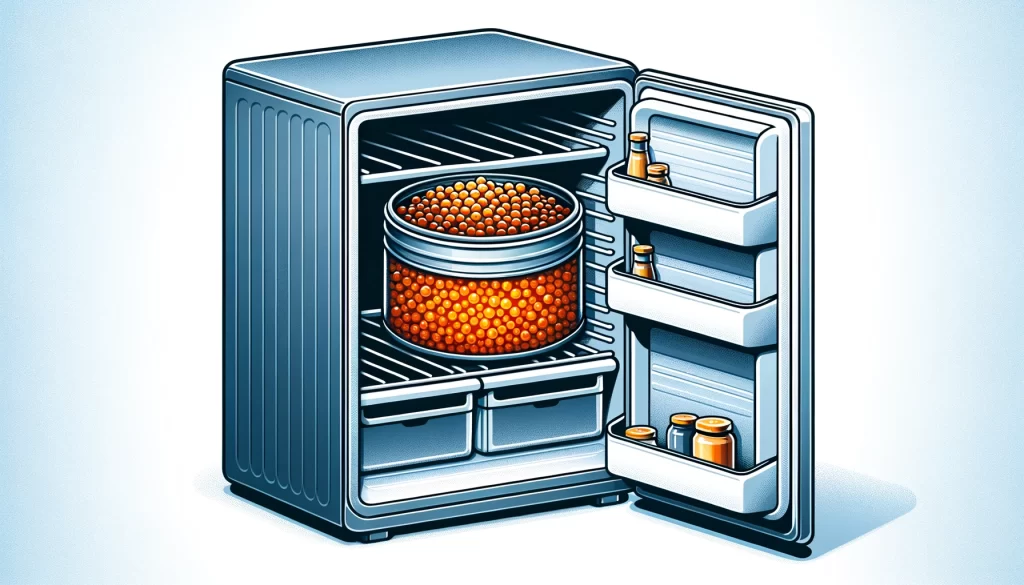
It’s essential to know the signs of spoilage regarding caviar. Eating spoiled caviar ruins the taste and can cause foodborne illness. Here’s how to tell if your caviar has gone wrong:
- Robust and unpleasant smell: Fresh caviar has a mild, salty aroma. If it smells overly fishy or sour, it’s likely spoiled.
- Slimy texture: The eggs should feel firm and separate easily. If they’re slimy or mushy, the caviar has probably gone bad.
- Off taste: Fresh caviar should have a clean, slightly salty flavor. It’s time to throw it away if it tastes bitter or metallic.
How to Enjoy Caviar at Its Best
Now that we’ve covered how long does caviar lasts, let’s focus on how to enjoy it at its freshest. Here are a few simple tips to ensure you get the most out of your luxurious treat:
Serve Immediately After Opening
For the best flavor and texture, serve caviar right after you open the container. It’s meant to be enjoyed fresh, so avoid letting it sit out for too long.
Also Read: How Long Does Brie Last? Shocking Truth About Its Freshness!
Pair It With the Right Foods
Caviar pairs beautifully with simple foods like blinis, crackers, or toast points. The key is to let the caviar shine, so don’t overwhelm it with solid flavors.
Avoid Using Metal Utensils
Caviar is delicate, and metal utensils can alter its taste. Opt for spoons made from mother of pearl, wood, or plastic to preserve the flavor. So, how long does caviar last? The answer depends on how it’s stored and whether it’s been opened. If you’re wondering how long does caviar last, unopened caviar can last up to 6 weeks in the fridge or a year if frozen. But once opened, how long does caviar last?
It should be consumed within 1 to 3 days. Always store it properly, avoid freezing unless necessary, and watch for signs of spoilage. Understanding how long caviar lasts will help you enjoy this luxury food at its freshest and ensure each bite is as exquisite as it’s meant.
